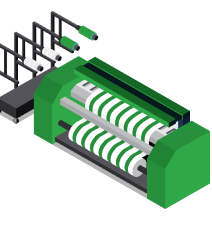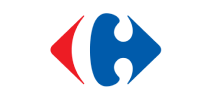
TraceBale Ecosystem
TraceBale is an innovative software that works on a segregation model, which ensures difficult-to-achieve end-to-end traceability and transparency of the textile supply chain.
Addressing traceability challenges with TraceBale
Request a Demo












